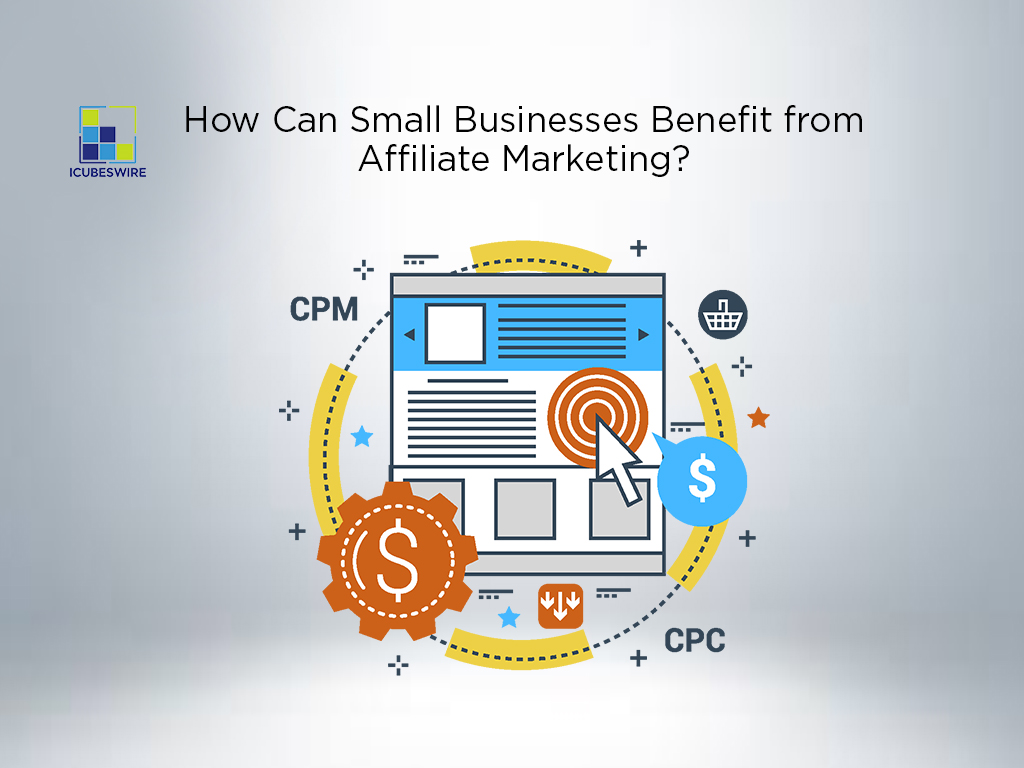Dealing with Fraud Prevention in Affiliate Marketing
Affiliate Marketing is growing by leaps and bounds availing the virtues of being performance based. Advertisers find it the most affordable and frugal way to get sales generated as they need to pay after getting the action done. More and more merchants are using it for selling products, getting leads and driving traffic on websites etc.
 Advertiser contact the Affiliate Ad network for getting the desired action done, network passes the campaign to the efficient publishers and the product is sold to the consumer leveraging the efforts of publishers. In the whole process publishers get paid for actions done under different campaigns like CPC, CPI, CPL, and CPS etc. The whole process seems quite feasible for advertisers but has to deal with different types of frauds.
Advertiser contact the Affiliate Ad network for getting the desired action done, network passes the campaign to the efficient publishers and the product is sold to the consumer leveraging the efforts of publishers. In the whole process publishers get paid for actions done under different campaigns like CPC, CPI, CPL, and CPS etc. The whole process seems quite feasible for advertisers but has to deal with different types of frauds.
Frauds in Affiliate marketing make advertisers pay for the sales or leads on which they could not actually gain required profits. It is not possible to make the system fraud free unless the publishers pledge to use ethical ways to generate sales however it can be prevented to a certain extent by being alert which is the most fruitful way to deal with Affiliate Marketing in India.
Before taking preventive measures it is important to understand the types of frauds in Affiliate Marketing.
Frauds pervading the Affiliate Marketing Industry in India currently are –
Squatting – Squatting means creating websites under misspelled or similar legitimate and prominent domains. For example using geoogle.com, ggoogle.com, goggle.com, and go0gle.com which is actually similar to ‘google.com’.
Spamming – Spamming is sending massive emails while pretending to be the legitimate brand. It should be nipped in the bud as it deteriorates the brand reputation.
Faking – Faking means inflating the number of clicks using unethical ways like ‘Bot clicks’ to earn bogus commission under CPC campaigns. It leads to phenomenal increase in bounce rate of the website.
Diverting – Diverting is to bring customer to the website by misleading him. This leads customer to lose trust in the brand.
Affiliate parasitism – Affiliate Parasitism is earning commission for the sale which the affiliate has not provoked. He placed cookie just before the user made purchase and earned commission on the basis of the “last cookie counts” principle.
Trademark poaching – Trademark poaching is the latest fraud noticed in the Affiliate Marketing Industry in India. Fraudsters steal organic traffic of the merchant by using their brand name as ‘keyword’ which would have otherwise directly gone to the merchant’s website.
They place cookie in the users system and the sales generates are tracked in their names. This way advertiser has to pay the commission for the traffic that would have directly come to their websites to make purchase.
There is no magical stick to fight these frauds and make the system of Affiliate marketing so transparent that fair payments are made for the actions done ethically. It can be prevented by keeping and eagle’s eye on the activities of the affiliates.
How to detect Fraud in Affiliate Marketing
There is no parameter or gauge to detect fraud it’s just human intelligence that can sniff something fishy entailing proper investigation in the result pattern. Let’s have a look at some examples –
- Sudden rise in traffic on the website.
- Spamming affiliate fraud can be identified by closely monitoring your brand online and keeping track of customer feedbacks.
- Any typo or cyber squatters can be identified by referral URL analysis.
- Affiliate managers must also closely watch for any recent quick increase in transactions referred by affiliates which could include leads or sales.
- Sudden fluctuation in click to conversion ratio.
How to Prevent Fraud in Affiliate Marketing
- Track IPs regularly
- Keep connected with the affiliates
- Check Affiliate’s websites
- Keep a track record of fraudulent affiliates
- Conduct a thorough research on new affiliates before approving their application
- Keep an eye on the methods of marketing of your affiliates
- Check whether they actually have a website and use ethical ways to generate traffic.
- The ads placed on the affiliate website are relevant to the content on the website.
- Ask them regularly what is their future planning to generate traffic.
- Keep transparency while drafting the affiliate program agreement.
Affiliate Ad networks in India do take all preventive measures. When an advertiser reaches ad network with its campaign he must make it clear that affiliate managers do check all these things and deliver quality sales or leads that are earned through legitimate means as well as worth paying.




4 Comments